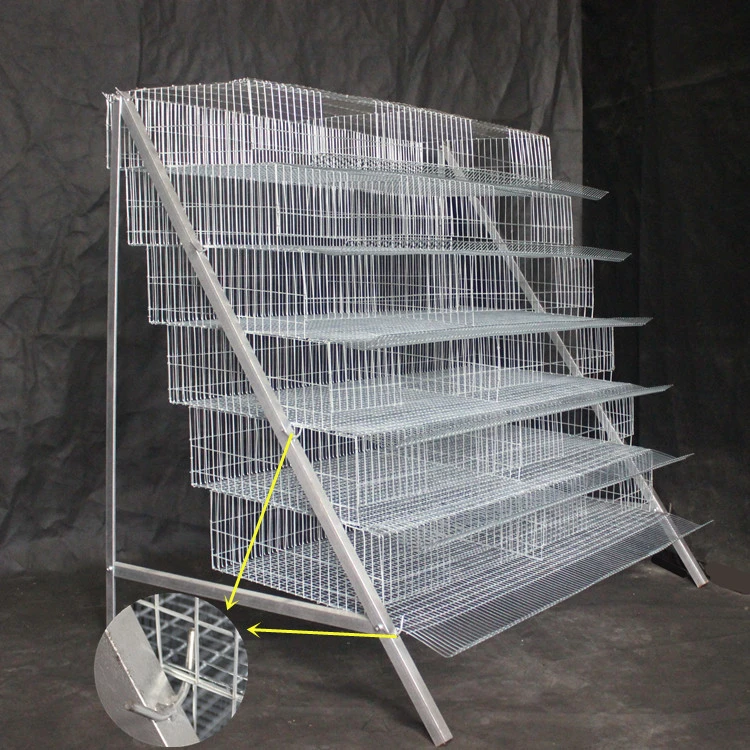Understanding Fluted Nails for Concrete Applications and Benefits
When it comes to construction, using the right fasteners is crucial for ensuring structural integrity and durability. Among the various fasteners available, fluted nails for concrete stand out due to their unique design and efficient performance. This article explores what fluted nails are, their applications, and advantages in concrete work.
What Are Fluted Nails?
Fluted nails are specialized fasteners designed for use with concrete, masonry, and other hard materials. They feature a distinctive fluted or grooved shaft, which provides increased holding power. The flutes create additional friction and help the nail grip more effectively as it penetrates the concrete. Typically made from hardened steel, fluted nails are engineered to resist bending and breaking, making them a reliable choice for construction projects.
Applications of Fluted Nails
Fluted nails are particularly beneficial in various construction and renovation applications. Here are some areas where they are commonly used
1. Framing and Structural Work In residential and commercial buildings, fluted nails are often used to secure wooden frames to concrete foundations. Their strong holding capacity ensures that structures remain stable and secure.
2. Roofing Projects For attaching roof members to concrete, fluted nails provide the necessary strength and durability to withstand environmental stresses such as wind and rain.
3. Decking When building wooden decks that sit on concrete pads, fluted nails can effectively fasten the decking planks to the support structure, ensuring long-lasting performance.
fluted nails for concrete

5. Concrete Formwork Fluted nails serve as a reliable means of holding formwork in place during the pouring of concrete, enabling accurate shaping and reducing the risk of shifting.
Advantages of Using Fluted Nails
The design and construction of fluted nails offer several advantages that make them a preferred option for many professionals in the construction industry
1. Enhanced Holding Power The unique fluted design increases friction, providing superior grip within concrete. This characteristic minimizes the risk of nails loosening over time, ensuring a secure and lasting connection.
2. Ease of Use Fluted nails can be driven into concrete using a hammer or pneumatic nail gun, making the installation process quick and efficient. This is particularly advantageous on large construction sites where time is of the essence.
3. Resistance to Pull-Out The design of fluted nails inherently resists pull-out forces, making them a suitable choice for load-bearing applications. This ensures that the structural integrity remains intact even under heavy loads.
4. Durability Made from hardened steel, fluted nails are designed to withstand harsh conditions. Their resistance to corrosion and rust makes them ideal for both indoor and outdoor use.
5. Versatility Fluted nails come in various lengths and gauges, allowing builders to select the most suitable option for their specific project needs, whether it's light framing or heavy-duty applications.
Conclusion
Fluted nails for concrete are an indispensable tool in the construction sector, offering exceptional holding power, ease of installation, and durability. Their unique design allows for various applications, from framing and roofing to decking and fencing. As construction continues to evolve, incorporating efficient and reliable fasteners like fluted nails can significantly enhance project outcomes, ensuring structures are built to last. When considering fasteners for your next construction project, fluted nails should be at the top of your list for their remarkable benefits and versatility in concrete applications.

















